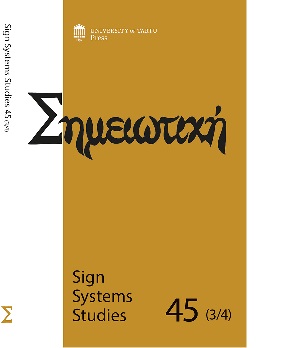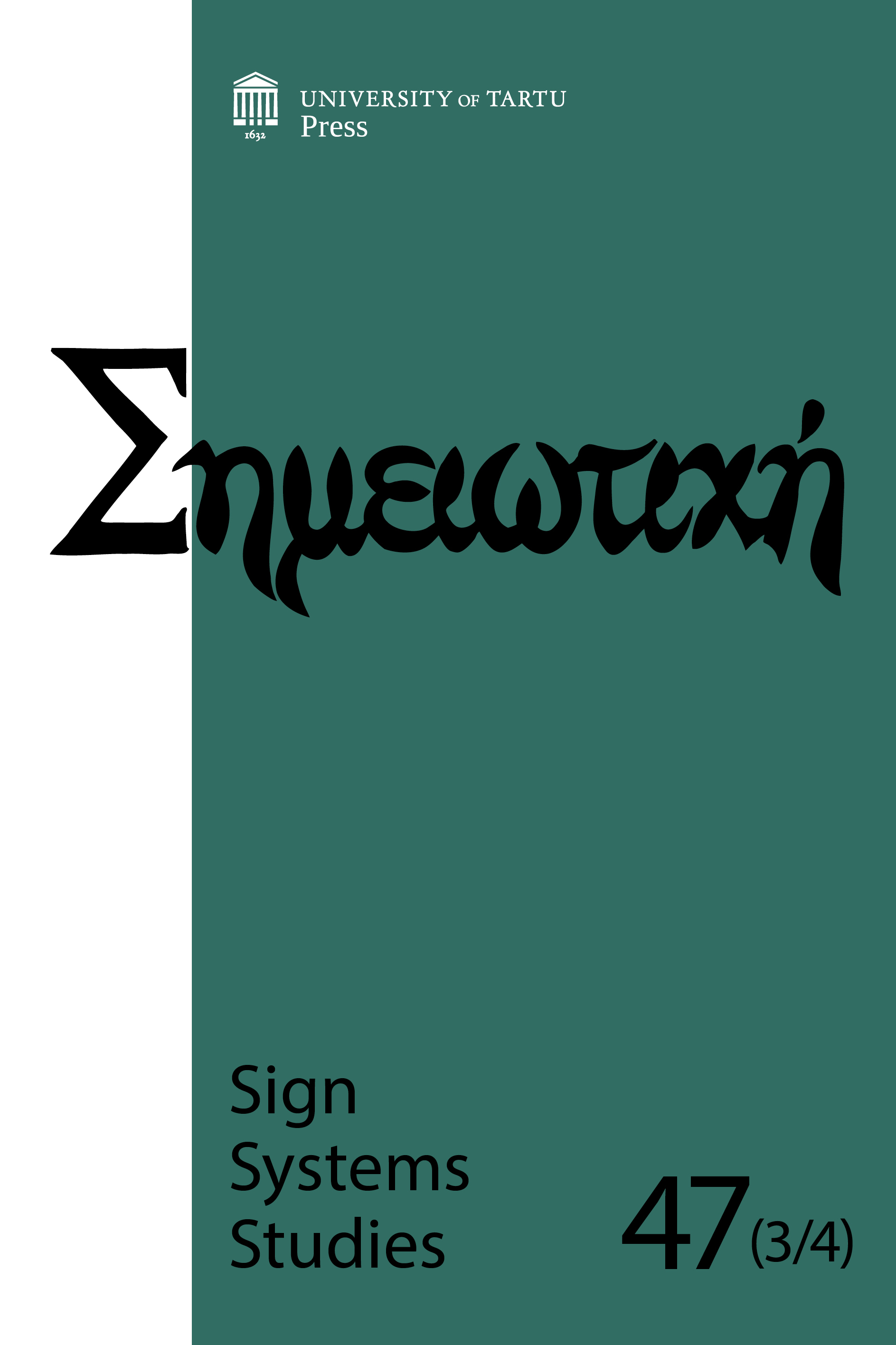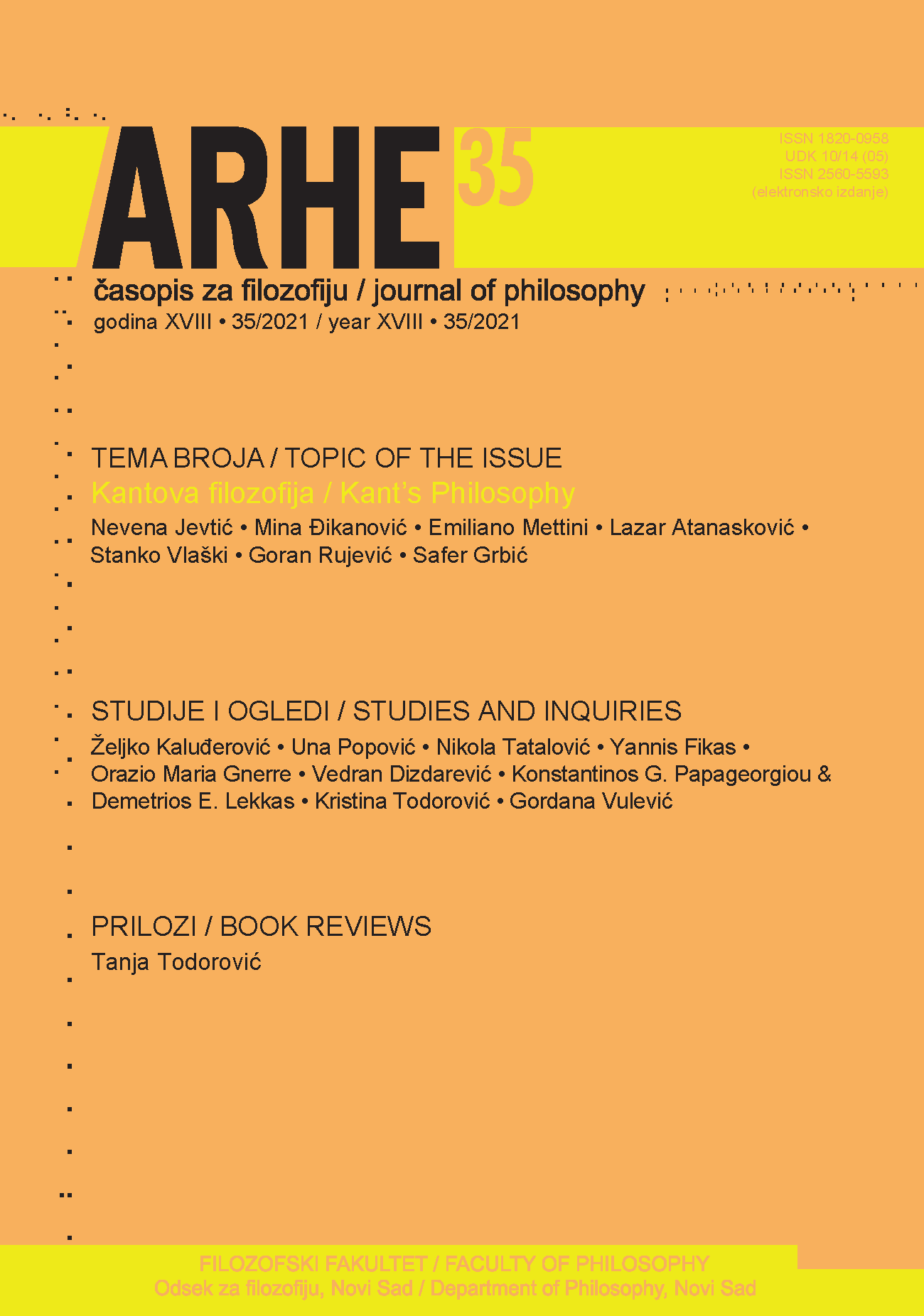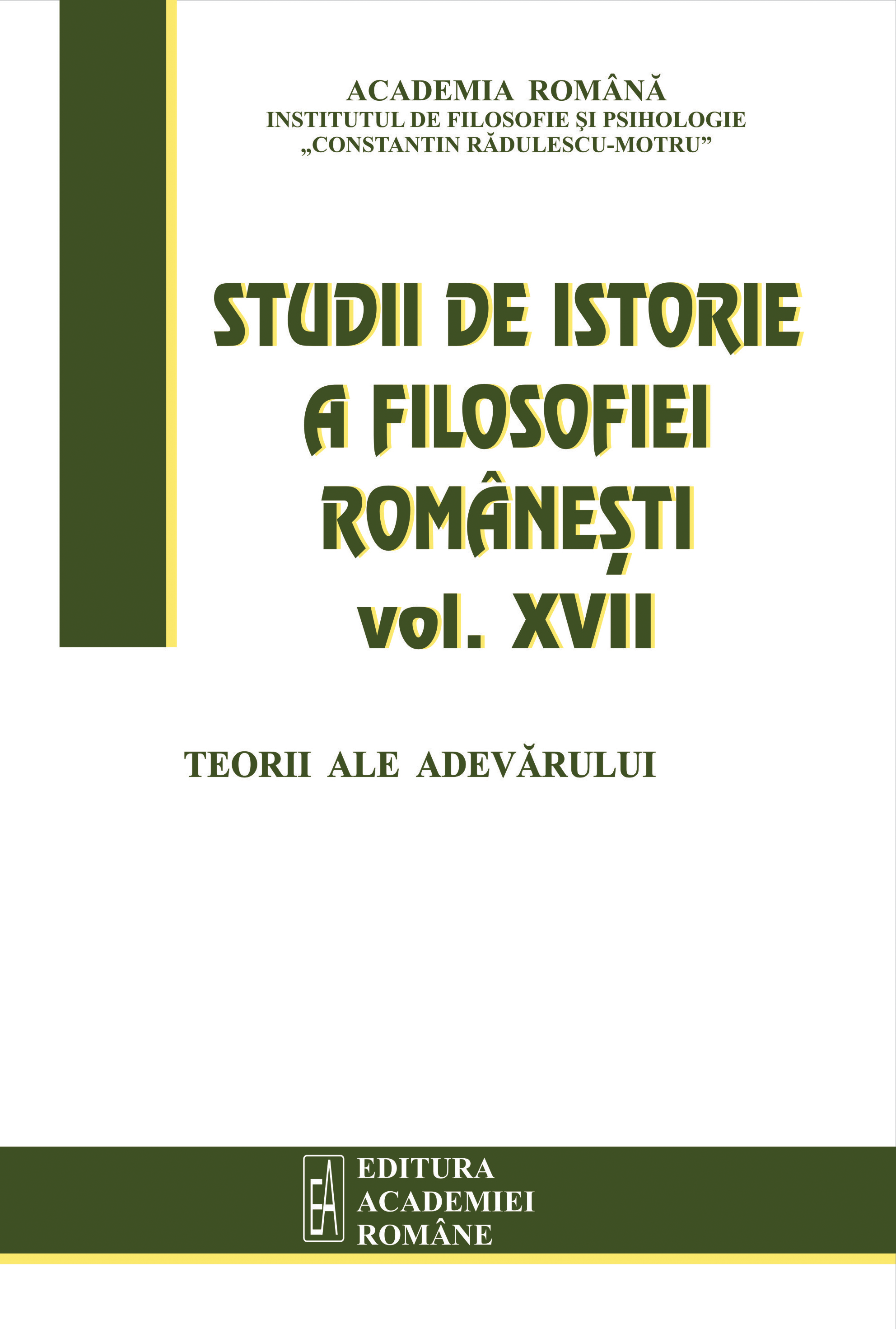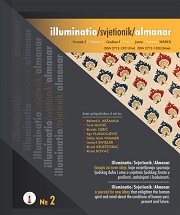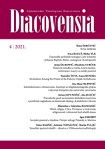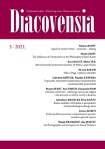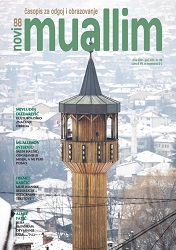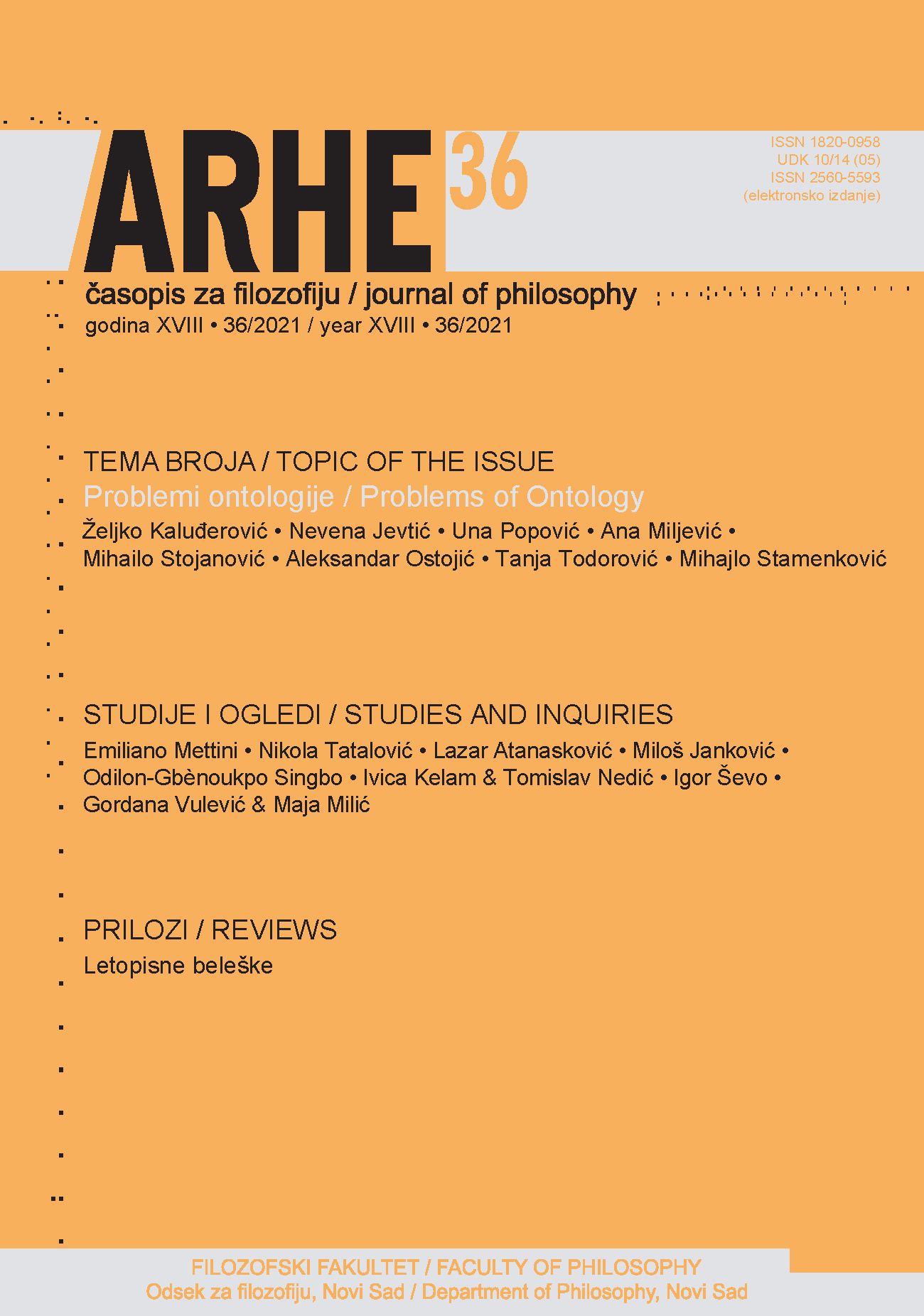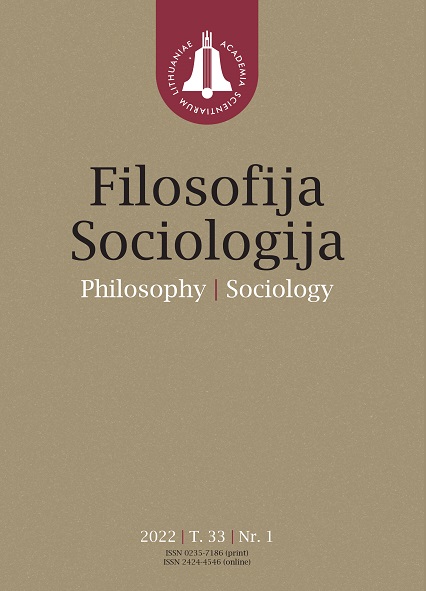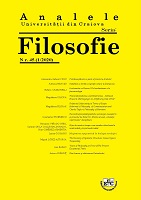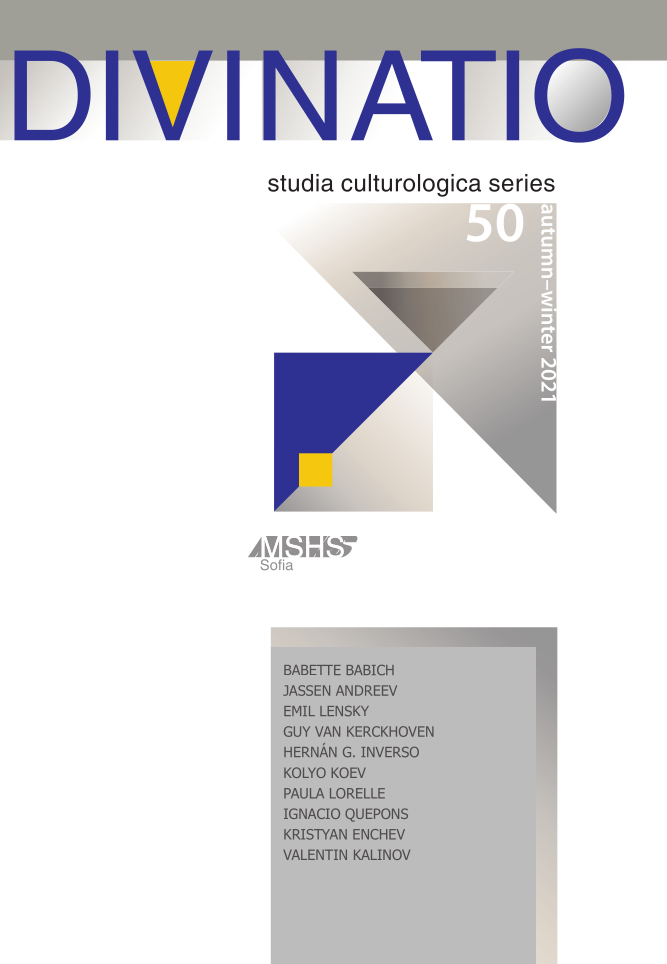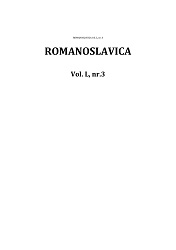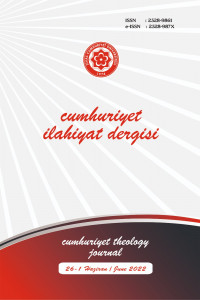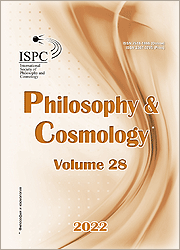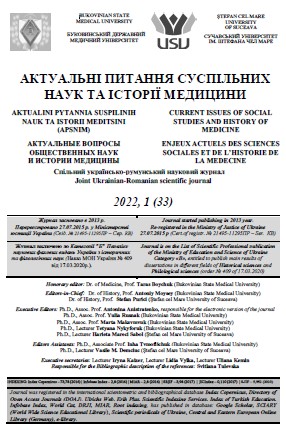Author(s): Ekber Şah Ahmedi / Language(s): Turkish
Issue: 1/2022
This study examines new age beliefs, which can be considered as individual religiosity. The study aims to measure the relationship between new age beliefs and the level of religious knowledge and religiosity of individuals. As known, classical secularization theorists predicted that religious, mythological, and similar supernaturalist structures will gradually lose their importance with the modernization process. In other words, according to classical secularization theories, metaphysically based beliefs will weaken and lose their prestige as a result of the differentiation and rationalization of societies. Besides, religiosity will not only lose its decisive influence on social institutions but will also be significantly withdrawn from the life of the individual. However, although it has lost its decisive role in directing life relatively in (post)modern societies compared to the past, it can be stated that religion still exists in different forms as an important social institution. In other words, it can be argued that religion takes on different forms in societies where institutional religion has weakened. There is no consensus on how these forms of religiosity should be defined. However, concepts such as new religions, cults, esoteric movements, new religious movements, new age beliefs, and new age spiritualism have been introduced to describe these phenomena. Although it is possible to bring together the aforementioned religious structures within the framework of the concept of new religiosity or new religion, the differences between them seem so important that they cannot be ignored. For this reason, the religious phenomena in question can be handled under two general headings as new religious movements and new age beliefs. The roots of new religious movements, which generally emerged by separating from traditional religions, go back to the 18th century. New religious movements such as Mormonism, which are shaped around a specific organization and authority, often point to a centralized religious structure. New age beliefs, on the other hand, are generally used to describe individual hybrid belief forms that do not have a central organization, have no authority, and are centered on self-development. It can be stated that both new religious movements and new age beliefs were born to perform functions that weakened institutional religions could not fulfill, and to offer a world of meaning to modern individuals who feel in a spiritual vacuum. It can be argued that these spiritualist movements, which started to emerge in Western Europe and the United States, especially after the Second World War, led to the questioning of the basic theses of classical secularization theories, which were put forward to explain the religious change in modern societies. It has been determined that similar religious structures have begun to gain visibility in our modernizing country. As a sociological phenomenon, it is important to investigate the subject by considering its different dimensions. In this context, the current research, which was planned in a quantitative design, used in addition to the demographic information form, the new age beliefs scale developed by Mevlüt Kaya and Cüneyt Aydın. The research was conducted with 382 students studying at various faculties/departments of Bursa Technical University and Bursa Uludağ University. The data obtained were analyzed using the SPSS 25 software. In the study, a negative correlation was found between the level of perceived religiosity and new age beliefs. In other words, the new age belief scores of individuals who see themselves as religious were lower than the other participants. In addition, in the research, an inversely proportional relationship was determined between academic religious knowledge and new age beliefs. According to the findings, the new age belief scores differ significantly according to the type of high school from which the individuals graduated and the department/faculty studied. In other words, the new age belief scores of imam hatip high school graduates are significantly lower than the anatolian high school, regular high school, vocational high school, and other high school graduates, and the scores of the students studying at the faculty of divinity are significantly lower than the students studying at other departments and faculties. In the light of the findings, it can be argued that the tendency of individuals to new religious forms will increase as institutional religiosity and religious knowledge decrease.
More...
